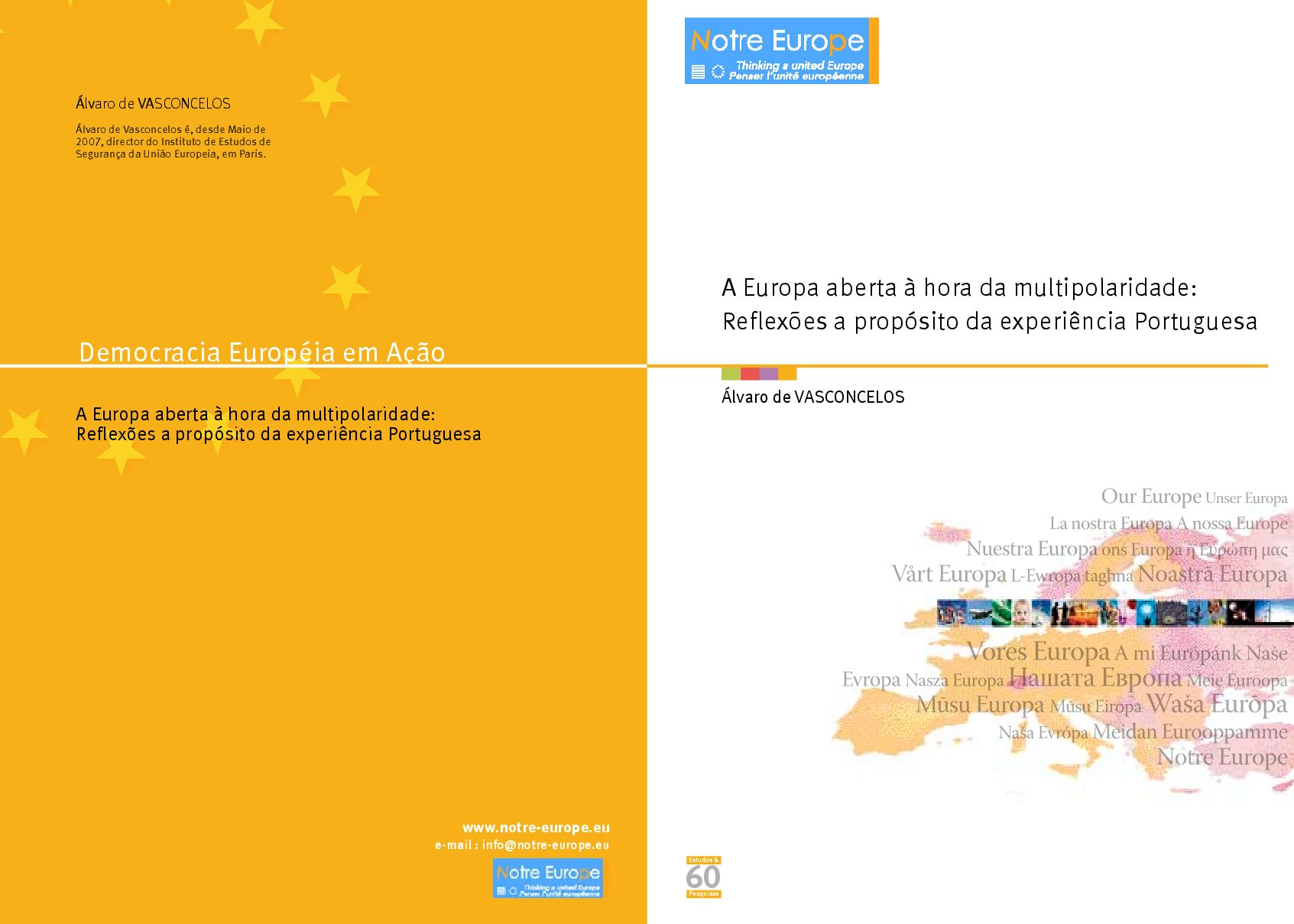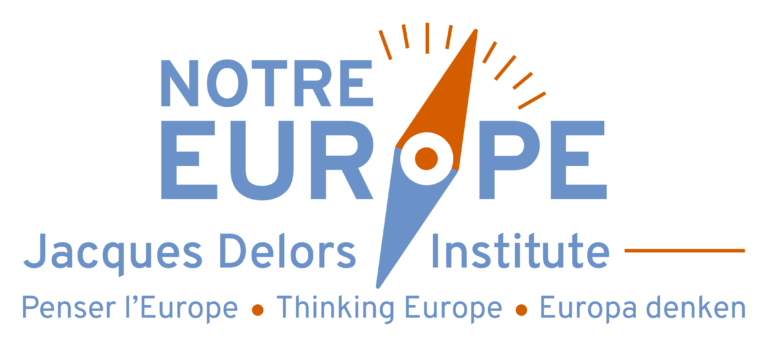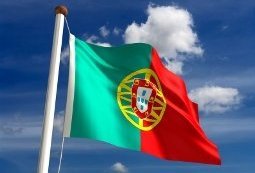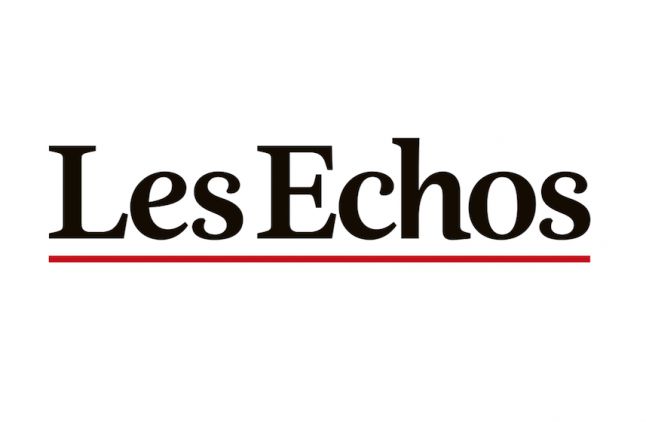Report
An Open Europe in a Multipolar World: Lessons from Portuguese Experience
This paper, written on the occasion of the Portuguese Presidency, discusses the options available to the Union to establish itself as a major actor on the world scene. Based on an analysis of twenty years of EU membership, it describes how international issues fit with Portuguese thinking about Europe. In the light of the current re-emergence of multi-polarity, it examines ways for the Union to strengthen multilateralism, the strategic cornerstone of EU foreign policy, and discusses the key linkage between internal and external policy issues.
| 07/09/2007
The year before the start of the Portuguese presidency of the EU in 2000, I wrote an article, “Portugal’s European Path,” for the Notre Europe Association, then directed by its founding president, Jacques Delors. It is still relevant today. Portugal’s European path, officially inaugurated in 1986, remains essentially unchanged. Much deeper changes have since reshaped the rest of the world. As a way to address domestic and foreign change, the Union – and Portugal within it – has sought to establish systems of regional and global governance. It struck me as more interesting to develop the section in the “European Path” article about Portugal’s vision of the world as a member State of the EU, rather than update the rest of the article.
The paper starts with a look at the Portuguese experience of European integration. It explores how Europe – which has, since Portuguese accession, expanded to include fifteen new countries, and is now about to formalise a reform of EU institutions – can fulfil its global responsibilities more effectively. In particular, it asks how the Union can combine effective multilateral governance with its web of old and new bilateral relations. As luck would have it, during the Portuguese presidency of the Union there are summits scheduled with Brazil, China, India and Russia, as well as a second summit with the African Union (the first was held in Cairo in 2000 during Portugal’s second Union presidency), which was planned especially to coincide with Portugal’s most recent presidency. In addition to presiding over the final touches to the reform treaty, which will contain potentially important changes to EU foreign policy, Portugal must preside over this succession of summits. Its presidency is a truly global one. It is necessary to take advantage of this to promote a new vision of rule-based international relations forged with the full involvement of the so-called emerging powers.
Portugal has supported an “open Europe” so it is in a good position to take up that challenge. Now is the time, with the end in sight of the rotating national presidencies in the foreign policy arena, to assess the contributions to Union performance of countries with strong extra-European historical ties. Whether or not it is advantageous to have one name and one face fronting Union foreign policy, this is an opportunity not to be missed, and its should be taken up by the next “EU Minister of Foreign Affairs,” or whatever the title of the position may be. It is not a matter of indifference (quite the opposite in fact) to know how traditional relations, the specificities of historical contexts, and human experiences such as emigration/immigration can contribute to a common European foreign policy. How, then, can the Union “Europeanise” eminently national policies, combine them to make a European policy, and turn them into trump cards of EU foreign relations? How can Europe become “global,” preserve its founding values, turn its vast time-woven patchwork heritage into a truly European one, without engaging in any neo-colonial flights of fantasy? As Jürgen Habermas and Jacques Derrida both pointed out in their support for a united Europe with a common foreign policy, the “European conscience” has not only rejected war but also colonial domination: “the Union is not just the fruit of the conscience of the tragedy of two world wars that started in Europe, but also of the experience of loss of Empire and self-criticism regarding the colonial past.” The Portuguese, who Eduardo Lourenço said are “superlatively European,” have strong ties with all the member States of the Union because of the peculiarities of their recent history, including shifts from colonialism and isolationism to strong European commitment; from dictatorship to an arduous climb out of underdevelopment; from migratory drain and diaspora, to receiving hundreds of thousands of migrants. For these reasons among others, the Portuguese experience is essential for an understanding of how EU international policy can gain in substance and efficiency, and to enable the EU to benefit from the vision and theoretical and practical contribution of individual states and regions.
In the first part of this article, with the benefit of a twenty year hindsight view of EU membership, I describe how international issues fit with Portuguese thinking about Europe, with a special emphasis on the issue of enlargement. In the second part, in light of the re-emergence of multipolarity, I examine how the presidency and the Union can reaffirm multilateralism, the strategic cornerstone of EU foreign policy. The third section discusses the “internal as external” or “inter-mesticity,” because the global influence of the Union depends in large measure on its internal configuration. Finally, there is an annex providing essential economic and political data on Portugal (updated from the article published in 2000).
Portuguese version available for download below.
SUR LE MÊME THÈME
ON THE SAME THEME
PUBLICATIONS
Internal devaluation and unemployment: the case of Portugal

Portugal 2000 : The European way

MÉDIAS
MEDIAS
Portugal, l’envers du « miracle économique » : « Beaucoup de citoyens se sentent déclassés »

Portugal, Espagne, Grèce : la revanche des « pays du Club Med »

« Le “miracle économique” portugais a aussi une part sombre »















